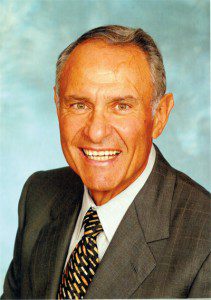By Bod Diamond….

Inspired by the immortal words of Thomas Jefferson in his Declaration of Independence that “All men are created equal,” Toussaint Louverture, Haiti’s founding father, began a slave insurrection against France in 1791 that was to last for 13 years. Toussaint asked President John Adams for aid for the same liberty that had been achieved by the United States. Adams, from Massachusetts, responded with mercantile trade, appointment of a Council General and sent the American navy to help provide seapower for Toussaint. On January 1, 1804, having defeated Napoleon’s troops, Haiti declared independence and sought American recognition. Jefferson, now president, faced a problem. Recognition of Haiti represented a possible insurrection by his own slaves and his neighbors. Historian Roger C. Kennedy states that Jefferson, “May have had theoretical objections to slavery, but he objected more strenuously to power in the hands of former slaves. Freedom, he knew, is contagious. While Jefferson had some anxiety lest Napoleon re-colonize beyond Haiti, he did not relent in his efforts to ‘starve out the black republic.’” According to Kennedy, “Napoleon attempted to restore to Haiti a notoriously cruel system of servitude, a restoration to which Jefferson provided aid and comfort.” In March, 1804, Jefferson proposed to Britain that America join with the European powers in “an agreement not to allow the former (slaves) to have any form of navigation whatsoever or to furnish them with any arms or equipment.” Jefferson then deployed the U.S. navy to help the European powers restore slavery to Haiti and issued an American embargo on all trade with Haiti.
Following Jefferson’s lead, many southern states passed laws forbidding immigration from Haiti. Printers were jailed for publishing the Haitian Declaration of Independence. In Jefferson’s home-state of Virginia, “the legislature required that blacks who were freed by their masters must leave the state within one year.” According to Kennedy, “Although slavery was never restored to the island, in economic isolation and virtually under blockade, it declined into poverty.” Every American president thereafter refused to recognize Haiti until Abraham Lincoln in 1862, despite the fact that in 1825 France granted recognition of Haiti.






